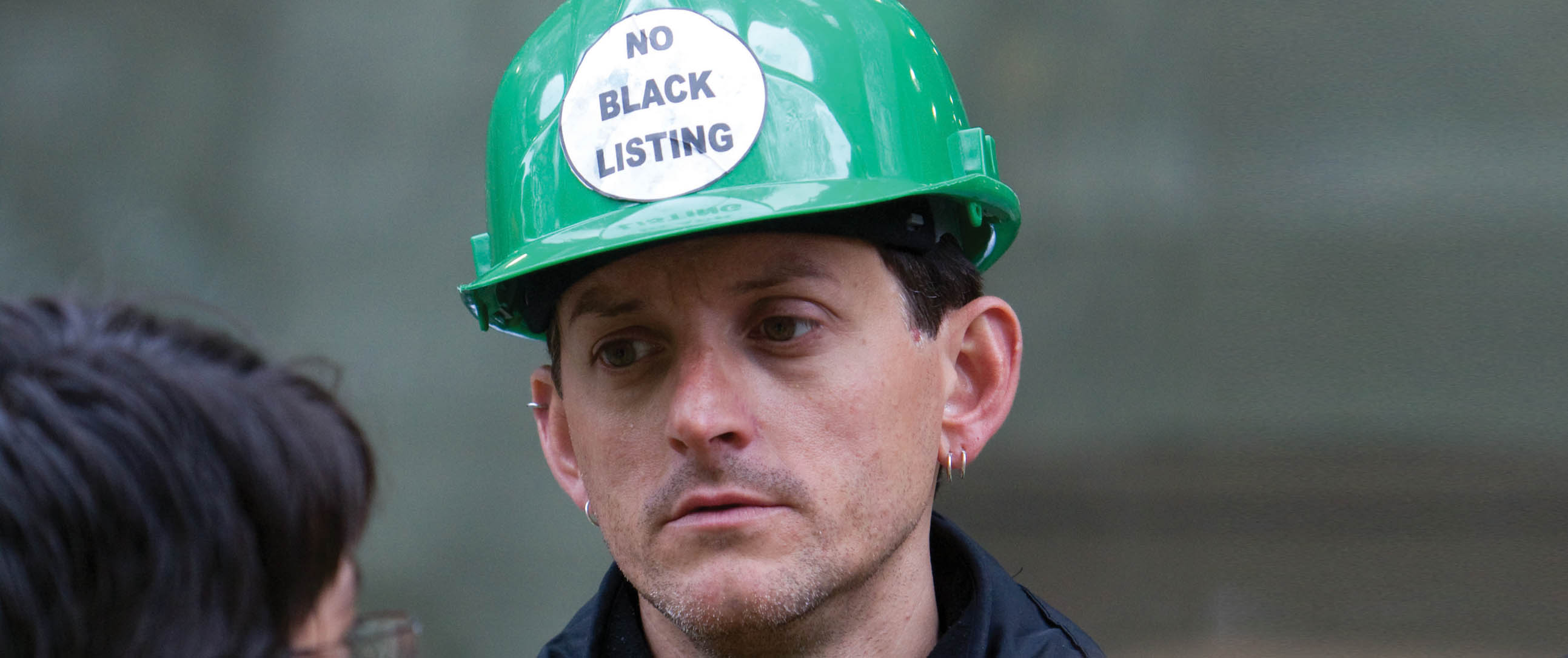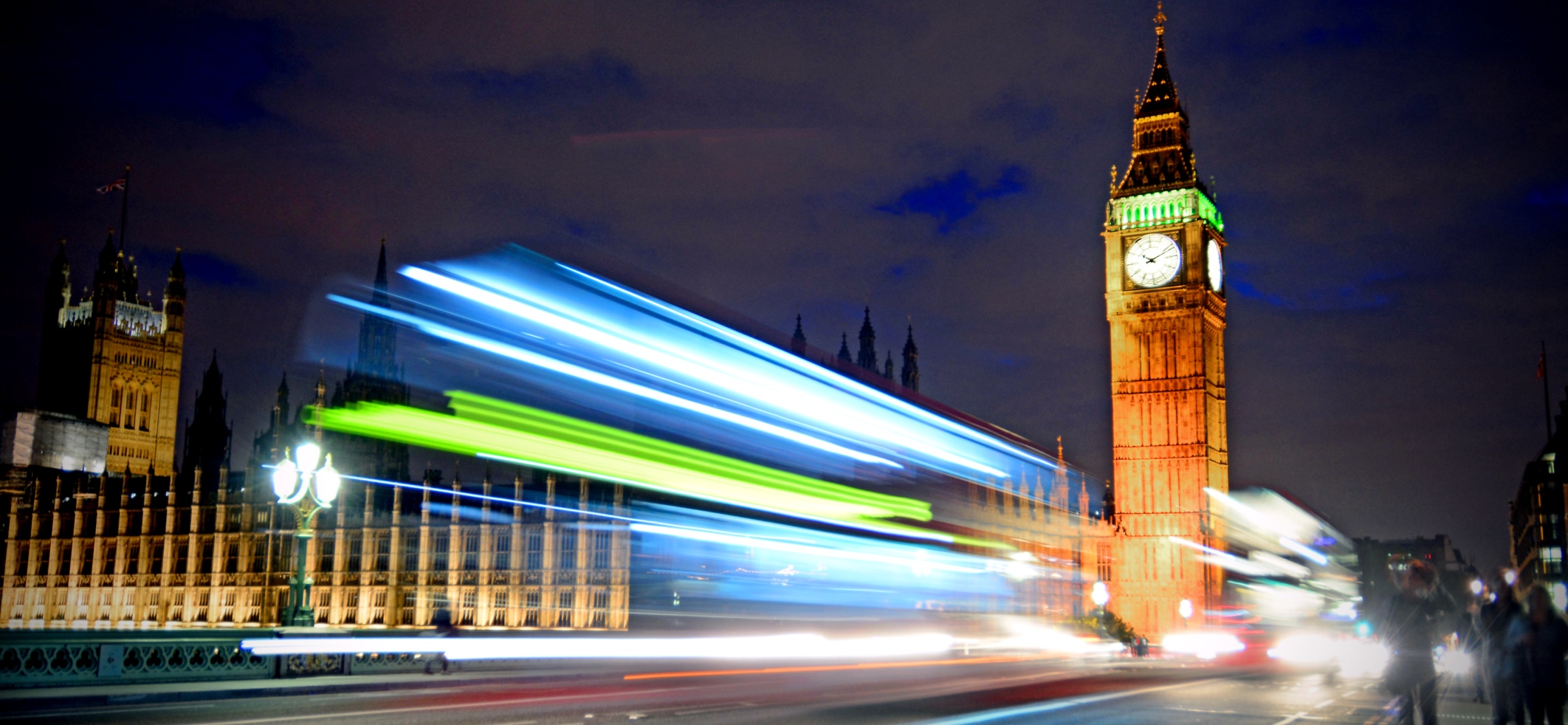Major attack on civil liberties
The Conservative government’s proposed Trade Union Bill has come under continued attack – today (September 7) from three prominent human rights groups, which have denounced the Bill as a “major attack on civil liberties”.
Liberty, Amnesty UK and the British Institute of Human Rights (BIHR) argued in a joint statement today that the Trade Union Bill proposals, which include strike ballot thresholds and severe restrictions on picketing, among other measures, will be a direct blow to the rights of all working people.
Criticism from the groups comes in the wake of the Regulatory Planning Committee (RPC) slamming the government last month (August 21) over its failure to conduct thorough impact assessments on the bill. The independent body condemned the government’s impact assessments to date as “red – not fit for purpose.”
A public consultation on the Trade Union Bill is set to close on Wednesday (September 9).
Needlessly restrictive
The human rights groups railed against proposals regulating picketing, pointing out that they were needlessly restrictive because “pickets are already more regulated than any other kind of protest”.
The government’s original Trade Union Bill proposals had called for an appointed picketing supervisor to oversee every picket line, who must be register with the police, must wear an armband and must carry an authorised letter issued by the union.
But now, the government’s consultation has put forward the possibility of all members participating in a picket line to be similarly registered, or risk hefty fines of between £200 and £20,000.
Liberty highlighted that these restrictions carried to such an extreme would “hark back to historical problems” between trade unions and authorities.
“With a history of blacklisting it’s entirely understandable why trade union members don’t want to identify themselves to the police and give the police their phone numbers,” Liberty policy officer Sara Ogilvie noted.
Unions may even have to notify employers, police and state regulators of their detailed protest plans, including what they intend to publish on social media sites such as Twitter and Facebook, as well as on websites and blogs as part of their campaign. Violating these rules could lead to strikes being deemed illegal.
Some proposals in the Bill could even be in violation of international conventions, the human rights groups contended.
One such proposal calls for all abstaining votes in a ballot to be counted as â€no’ votes – a measure that Liberty said would be illegal under International Labour Organisation (ILO) standards, to which the UK has committed.
Undermining rights of all working people
“Taken together the unprecedented measures in the Bill would hamper people’s basic rights to protest and shift even more power from the employee to the employer,” Amnesty UK, Liberty and BIHR noted in their joint statement.
“It is hard to see the aim of this bill as anything but seeking to undermine the rights of all working people,” they said. “We owe so many of our employment protections to trade unions and we join them in opposing this bill.”
Unite assistant general secretary Steve Turner hailed the human rights groups’ statement, adding that they were yet another prominent voice in the mounting case against the Trade Union Bill.
“The Trade Union Bill is increasingly being exposed for what it is – a sinister attack on the rights of working people,” he said. “As human rights groups have said today, the government’s proposals go far beyond the ballot thresholds that have received the most attention so far.
“Proposed restrictions on picket lines, with every single participating member being required to register with the police, are designed for the sole purpose of instilling fear in people who are simply coming together to protect their jobs and their rights,” Turner added.
“The Bill also includes measures that are naked attempts to strangle trade unions in red tape, when nearly 80 per cent of people recognise trade unions as being essential to protecting their interests at work.”
Turner noted that the proposals are entirely driven by a sinister ideology, one that obscures and twists the true nature of the work that trade unions actually do.
“Under these draconian proposals, the government is operating under the profound misconception that most disputes with employers lead to strikes,” he said. “The fact of the matter is that the vast majority of disputes are resolved without any animosity between employer and employee – and unions are the conduit that helps facilitate productive discussion between management and workers.”
“The threat of strike is peoples’ last resort when dealing with difficult employers,” he added. “For good employers, strong unions are celebrated and valued. The Trade Union Bill will serve only to damage worker-employer relations. This is bad news for working people, and ultimately, it’ll be bad news for business, too.”
 Like
Like Follow
Follow


